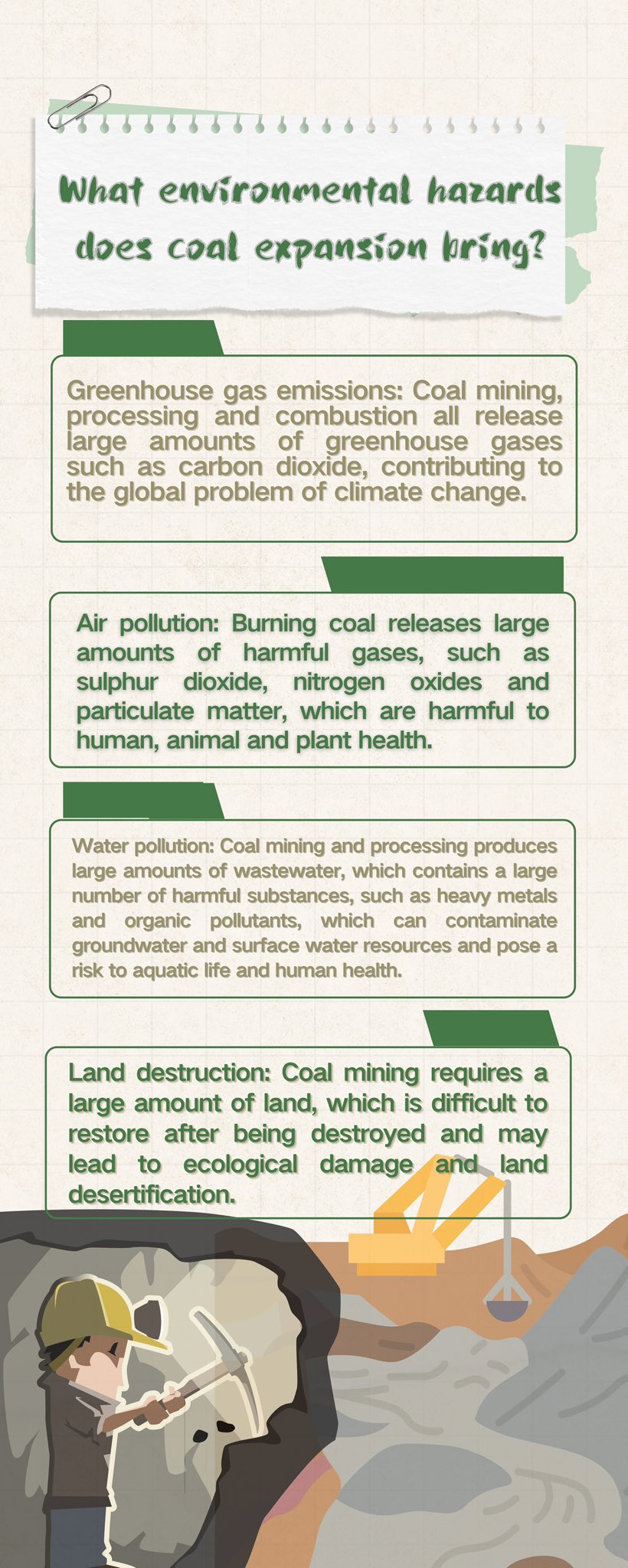In order to meet its environmental aspirations, campaigners want to see the end of plans to expand the Aberpergwm mine in South Wales.
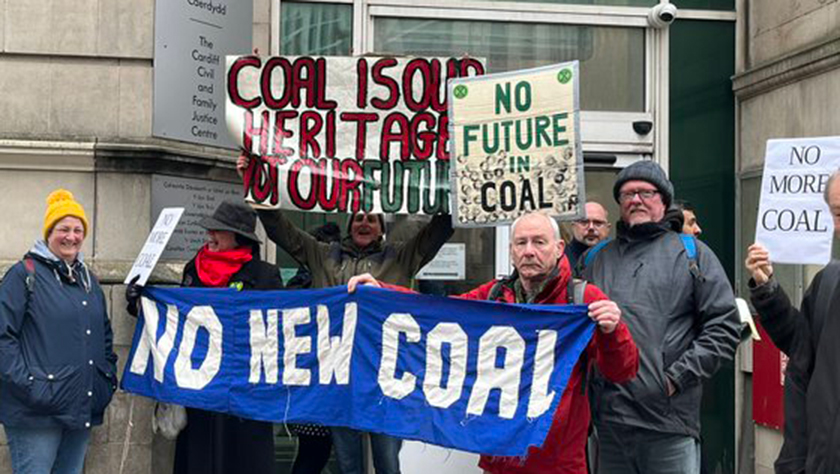
The Welsh government must step in to prevent the proposed expansion of a coal mine in, say environmental campaigners.
Activists from organizations such as XR Cymru and the Green Party have taken the Welsh government to court to stop a license being issued to the Aberpergwm coal mine in South Wales.
“Basically, this is to send the signal to the Welsh Government that we do not want fossil fuels in Wales and we need to transition to a green economy,” said Denise, a volunteer with Extinction Rebellion.
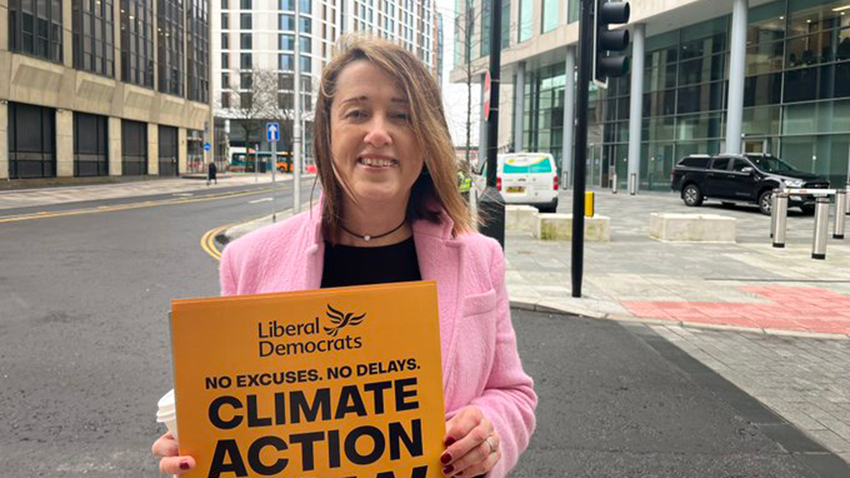
“There are a number of consequences of expanding, extending the license,” explained Denise.
“First there are the local people who are suffering from all of the coal-dust. The noise; there’s a lot of sleeplessnesses because the community lives very close by so there’s noise pollution from machinery. Then there are children obviously, who are breathing in coal-dust so that’s one element.”
The impact of coal mine expansion will make it hard for Wales to reach its environmental goals. Coal mining will release a large amount of greenhouse gas, whose greenhouse effect is 25 times higher than that of carbon dioxide, and the emission without treatment will undoubtedly aggravate the greenhouse effect.

“That Aberpergwm expansion has permission to take out for 2 million tons of coal. That’s a huge amount. That’s around 120 million tons of co2 and 1.1 7 million tonnes of methane, the huge amount. We can’t afford that kind of contribution to climate change at the moment,” said Daniel Therkelson, one of the campaigners.
The license for the mine expansion has been granted by the UK Coal Authority, and the UK government says that it is the responsibility of the Welsh Senedd to overturn that decision.
“If the license is extended, there will not be enough profits available in order to do landscape restoration work on the land. So, at the moment where you’ve got open coal mining, it’s an eyesore. The coal mine owners are asking for an extension so that they can generate profits to afford restoration,” said Daniel.
“Unfortunately, given ownership changes hands, terms of the license change too, so no guarantees of restoration anyway.”
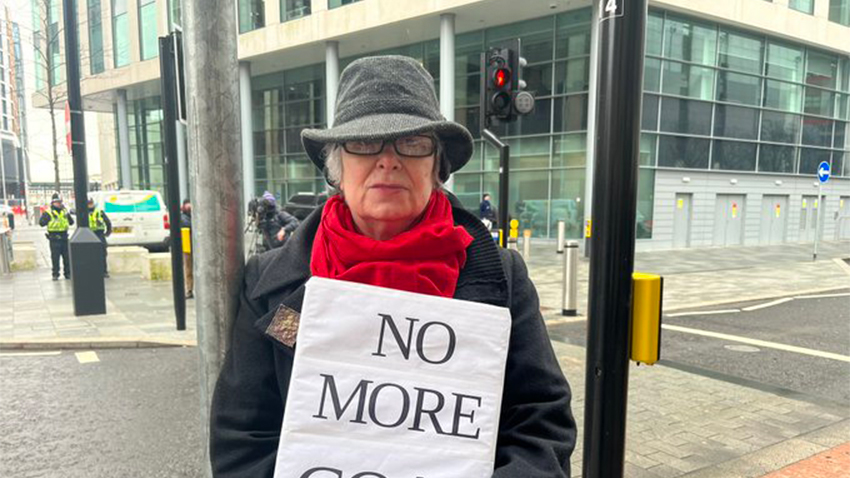
Aberpergwm, home to a coal mine near Glynneath in South Wales, has excavated a total of 72 million tonnes of coal. The Coal Authority has approved the full permission for the expansion of Energybuild Ltd’s underground coal mine. This means the company can now mine an additional 40 million tonnes of coal by 2039.
“It will be a major negative impact on our environment. It will give out significant emissions. And we are a country where there’s a country that wants to be green, so that wouldn’t be compatible with our agenda,” said Jane Dodds, Leader of the Welsh Liberal Democrats.
“Because the Welsh Government and the UK Government keep passing the buck between each other so none of them will make a decision.”
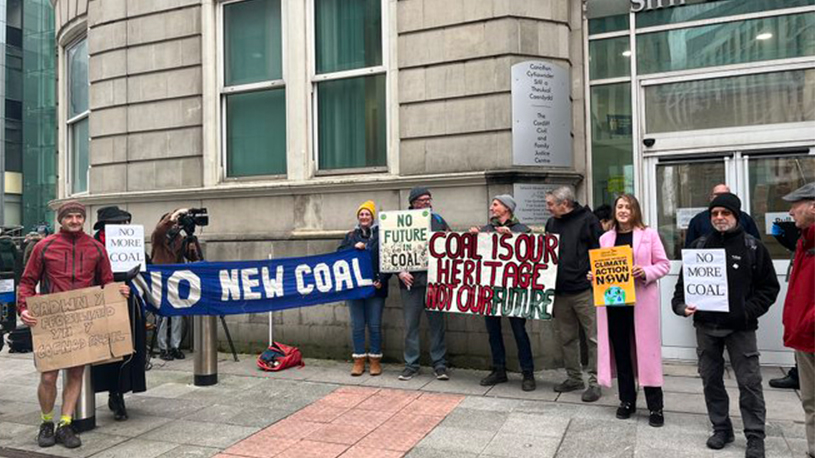
Wales was once the world’s largest producer of coal, however with a number of environmental issues such as global warming, Wales is now developing clean, green energy sources such as wind power.
“The other thing is: it will detract from investment in green energy. So, for instance, in Wales, we have the resource of wind and there could be an extension of wind energy in Wales,” said Denise.
“So, if money is pumped into fossil fuel extraction, there is basically less money for investment in green fuels.”
